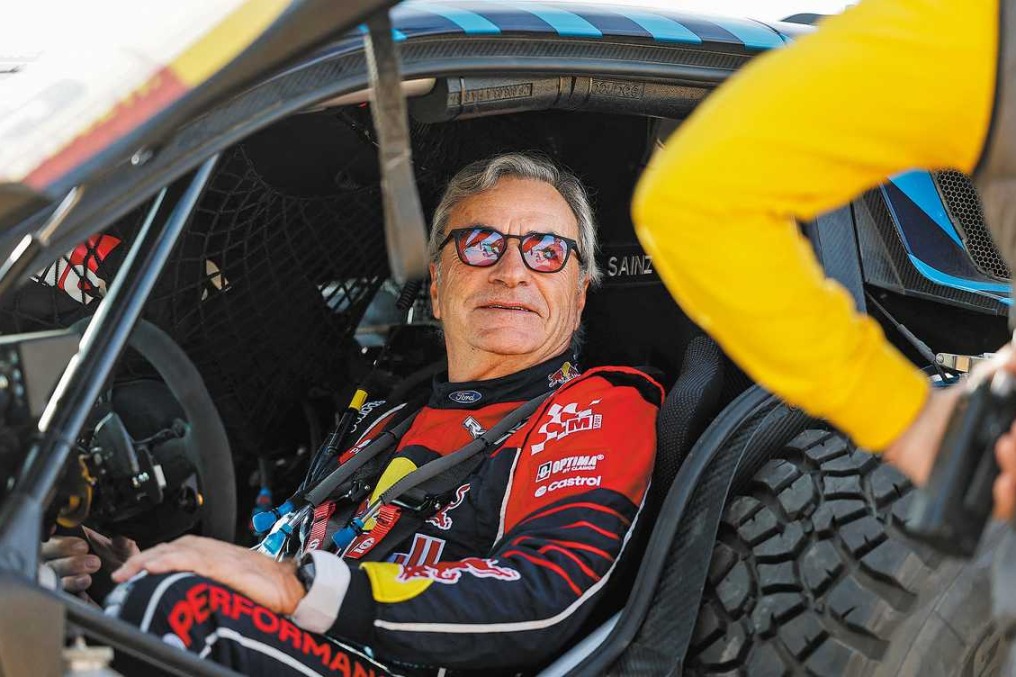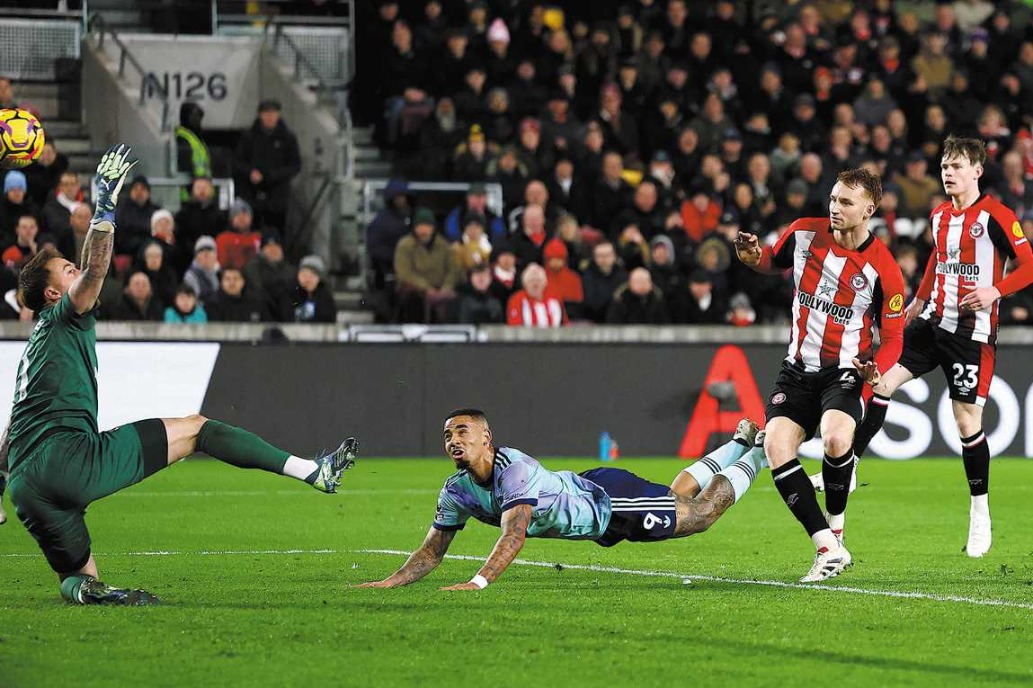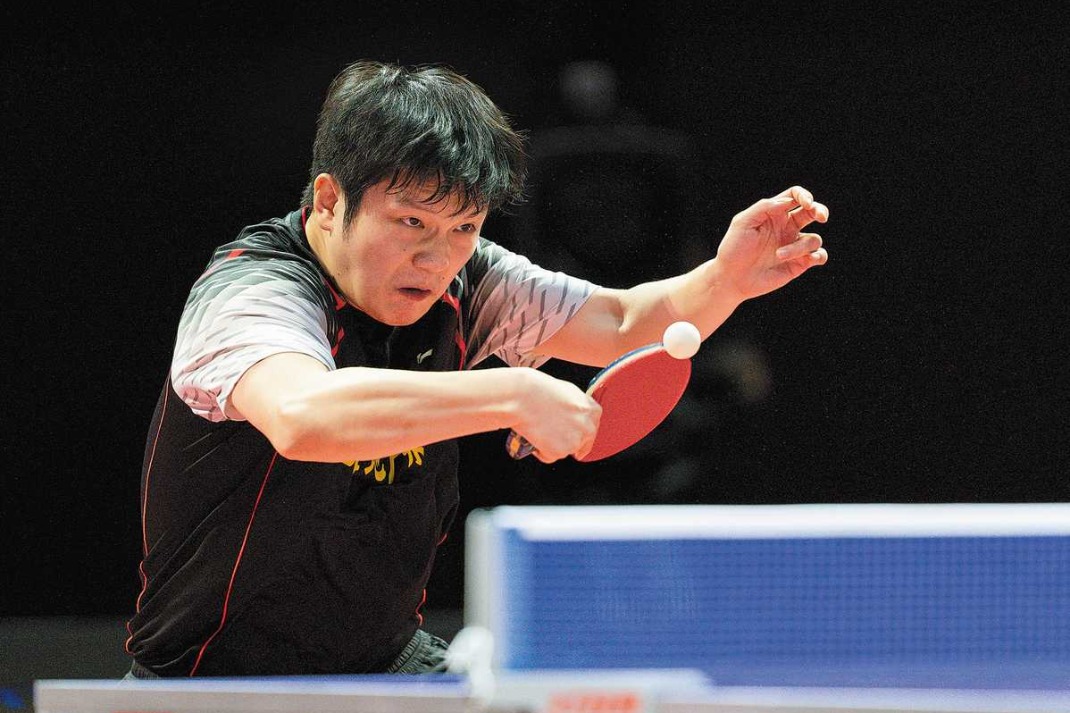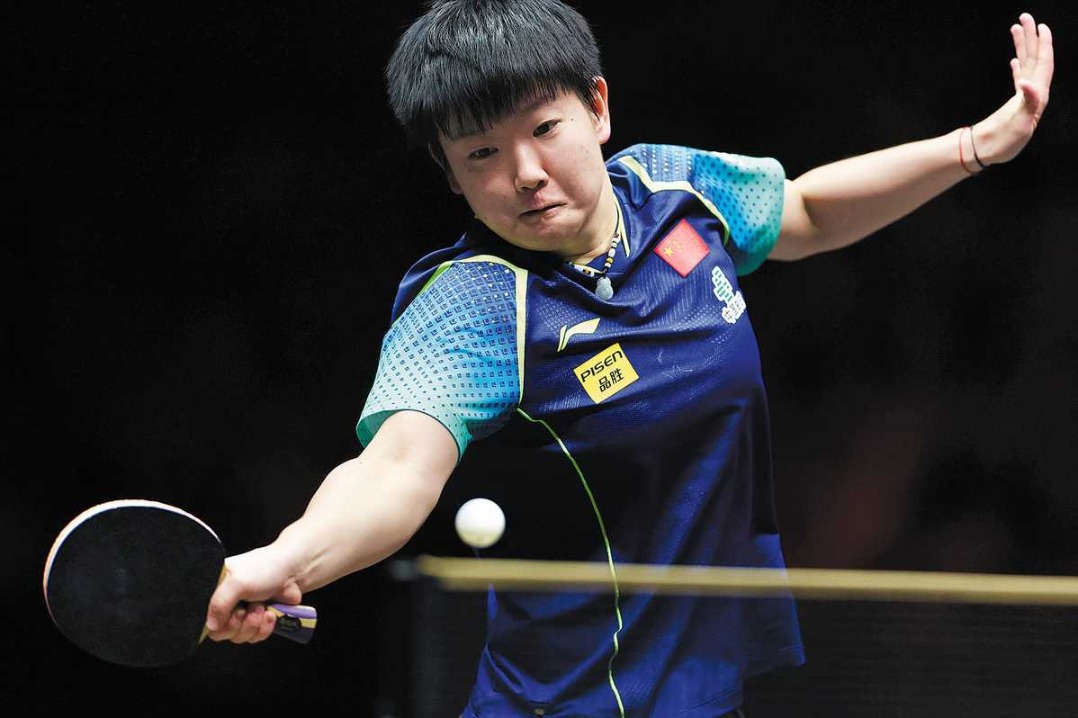Mayer becomes first male skier to win gold at three straight Games


Austrian Matthias Mayer became the first male skier to win three Olympic golds in successive Games with victory in the men's super-G on Tuesday.
"I tried to push hard, really hard. I saw (Aleksander Aamodt) Kilde's run on TV at the start and it was really good, so I knew that I had to go all in," said Mayer, after winning with a time of 1 min 19.94 sec on "The Rock" course at the National Alpine Skiing Centre.
"I tried to push hard to the last gate, and it was good. That's such a big success. I can't imagine right now."
The 31-year-old was a surprise winner of the downhill at the Sochi 2014 Olympics, having only managed a best World Cup finish of fifth previously.
He again produced an upset by claiming super-G gold four years later in Pyeongchang. That victory saw him become the second skier to do the Olympic speed double (downhill and super-G), and also broke Norway's 16-year grip on the super-G title.
Austrian men's speed team head coach Sepp Brunner hailed Mayer as one of Alpine skiing's all-time greats after his Beijing 2022 heroics.
"He is one of the best," said Brunner. "Sure Hermann (Maier) won more races but Matthias is up there with him."
The coach said Mayer is a fan of the dry type of snow used both in Beijing and at the Pyeongchang Games in 2018, despite the fact that his breakthrough came in Sochi where the snow was wetter due to unseasonably warm weather.
"We had the feeling when he came here he was in really good shape. In training, he was skiing really well," Brunner said. "He is very strong in his head and that is what you need for these big events."
Mayer won downhill bronze on Monday, and Brunner revealed the star was so relaxed on the slopes of Beijing's Yanqing district that "yesterday he drank two beers".
"When you have a medal and you ski like he skied in training then it's much easier to do it. I had a really good feeling this morning," the coach added.
Mayer concurred that his downhill performance had given him extra confidence for the super-G.
"Yesterday, the bronze medal gave me a real push for today. I was very focused today and very free in my mind. I had to push hard," Mayer said, adding that his thorough preparations also stood him in good stead.
"I did a lot of work with my material, and did a lot of work with some turns out there. Of course you can't train on this terrain, but you can find something similar and compare," he explained.
American Ryan Cochran-Siegle was just 0.04 sec behind to claim super-G silver (1:19.98), while Norwegian Kilde took bronze (1:20.36).
"I was just trusting everything I've been through, and knowing I'm a good skier, trusting that and recognizing there are so many good skiers this year, so to come here you have to put it on the line," said Cochran-Siegle.
"I came out with risk and aggression and channeled my good skiing inside myself, too. And all that together ended up like it's a pretty cool day."
"As athletes you want to be able to perform on race day and that's half the battle. It's what's so fun about the sport and what's so challenging, just overcoming those adversities and keep going out and getting to experience a hill like this, the snow, and really just embracing it. It makes these types of events so special."
Most Popular
- China held 671 marathons, road races in 2024
- 'El Matador' bullish about Dakar title defense
- Arsenal closes gap on Liverpool, as Jesus stars again
- Ohio State topples top seed Oregon in one-sided Rose Bowl
- Knicks roll to ninth straight NBA win
- CTTA goes to bat for star players






























